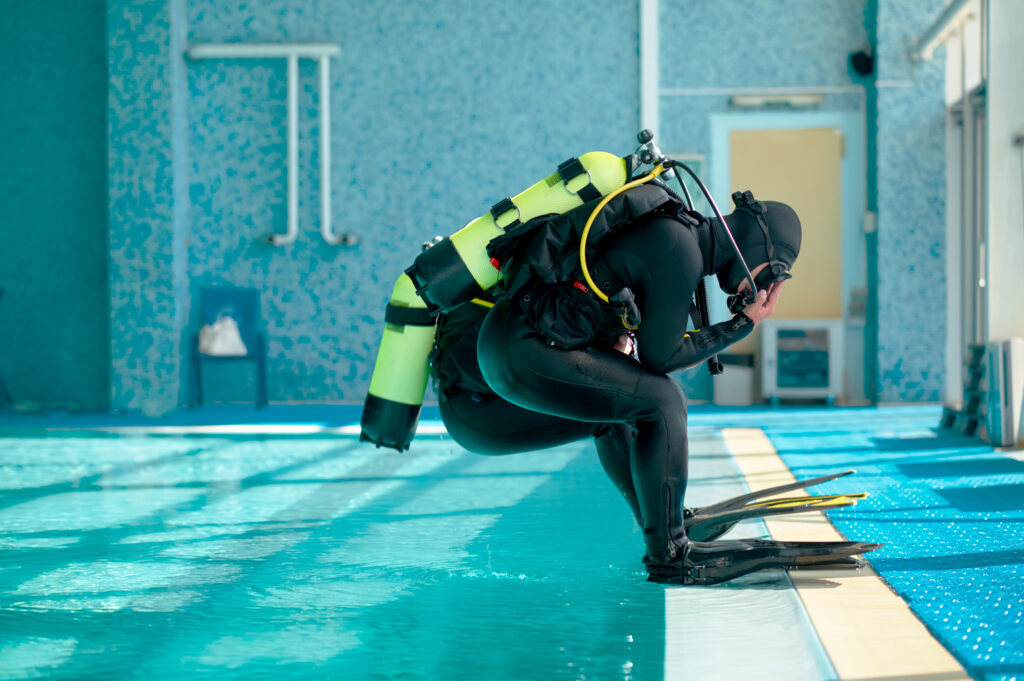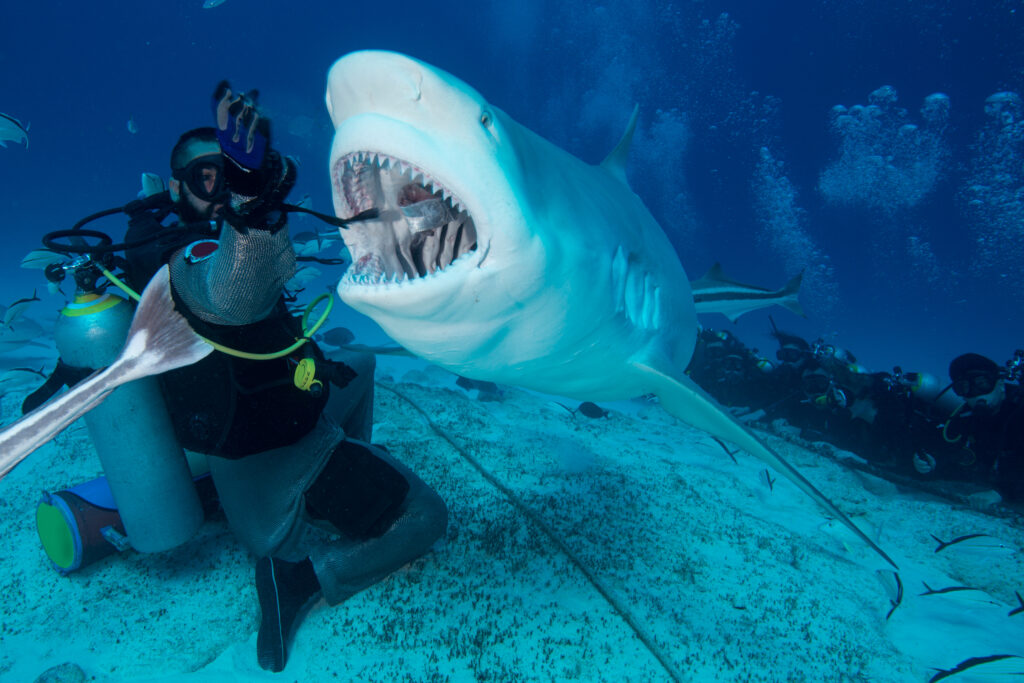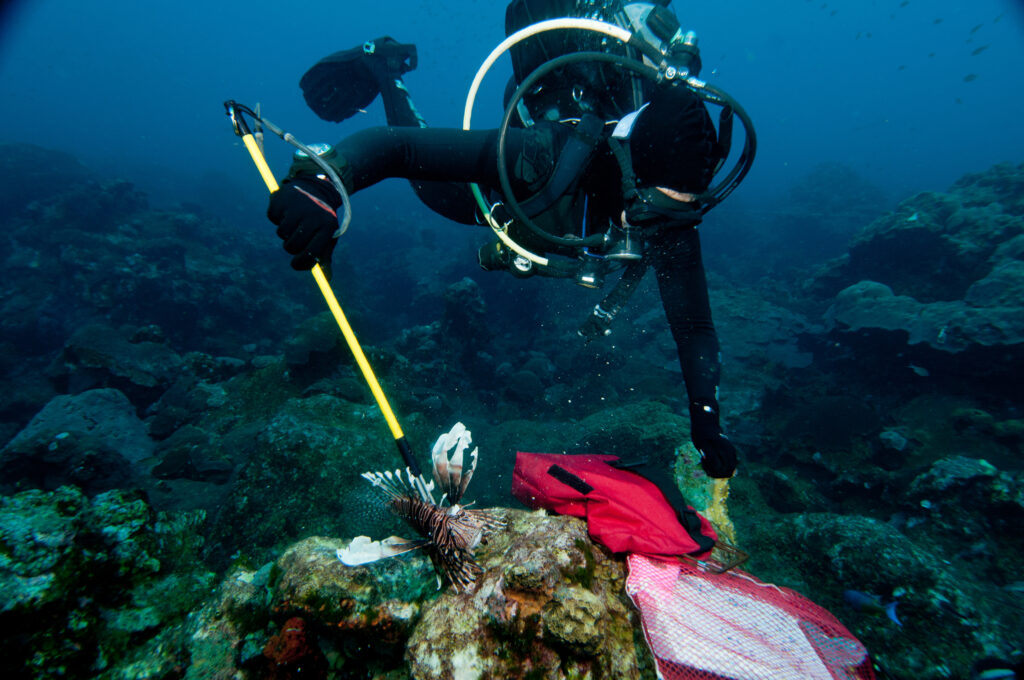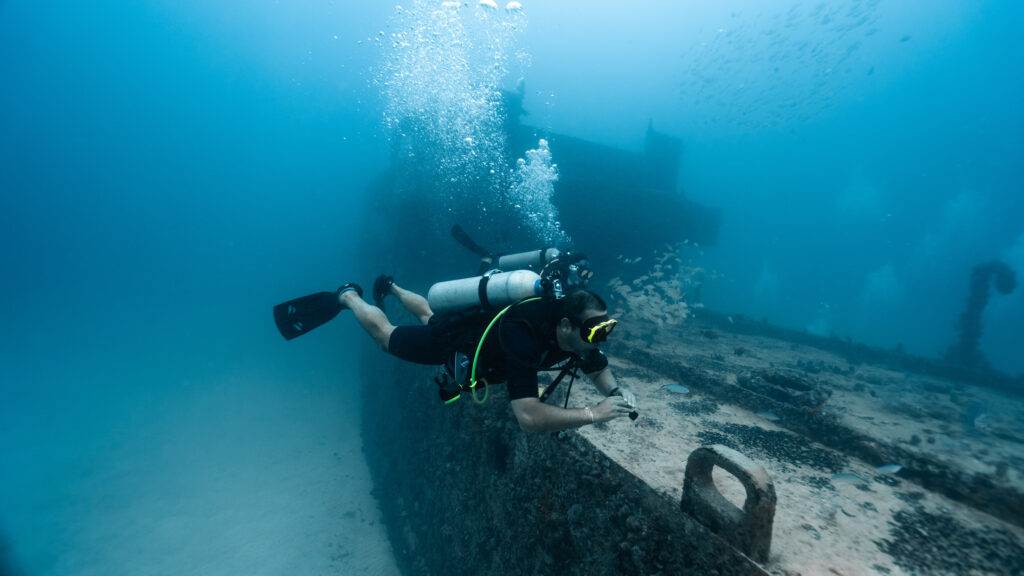What is Scuba Schools International (SSI)?

Scuba Schools International (SSI) is one of the leading organizations in the scuba diving industry, recognized globally for its comprehensive training programs and dedication to safety. Founded in 1970, SSI has grown to become a trusted name among diving enthusiasts and professionals alike. With a commitment to providing high-quality education and ensuring the best possible diving experiences, SSI has established itself as a cornerstone of the scuba diving community. This entry explores SSI’s history, mission, certification programs, training methodologies, global presence, safety standards, environmental initiatives, and community feedback to provide a thorough understanding of its impact and contributions to the scuba diving world.
What is Cavern Diving?

Cavern diving is a distinct form of scuba diving that involves exploring natural underwater caverns, allowing divers to experience the beauty and mystery of submerged cave systems. Unlike cave diving, where divers venture deep into the labyrinthine recesses of underwater cave networks, cavern diving stays within the sunlit zone, offering a safer and more controlled environment. Cavern divers do not stray far from the surface, ensuring they remain within a short distance of an emergency exit point. This sport attracts those fascinated by unique underwater formations, offering an adventurous alternative to traditional open-water diving.
What is Scuba Diving?

Scuba diving is a recreational and professional activity where individuals explore underwater environments using self-contained underwater breathing apparatus (SCUBA) equipment. This equipment allows divers to stay underwater for extended periods, enabling them to experience marine life, shipwrecks, caves, and other submerged wonders. The ability to explore these otherwise inaccessible areas has made scuba diving a popular pursuit for adventure enthusiasts, marine biologists, and professional divers alike. Since its modern development in the 20th century, scuba diving has attracted millions of people globally, offering a unique blend of excitement, discovery, and tranquility beneath the waves.
What is a Dive Operator?

A dive operator is a professional entity responsible for organizing and facilitating scuba diving activities for individuals and groups. Dive operators play a crucial role in ensuring safe, enjoyable, and educational experiences for both novice and experienced divers. They provide a wide range of services, including equipment rental, guided dives, training courses, and logistical support for dive trips. As central figures in the scuba diving industry, dive operators are essential for maintaining high standards of safety and environmental stewardship. Their expertise and resources enable divers to access and enjoy underwater environments that might otherwise be difficult to reach or navigate.
What is Octopus Breathing?

Octopus breathing is a critical concept in scuba diving that refers to the use of a secondary breathing apparatus, known as an “octopus,” which allows divers to share air in emergency situations. This technique is an integral part of dive safety protocols, providing a reliable method for a diver to offer their breathing gas to a buddy who may have run out of air or encountered a malfunction with their primary regulator. The octopus system is designed to be easily accessible, typically color-coded, and positioned within reach to ensure quick deployment when needed.
What is a Dive Instructor?

A dive instructor is a professional responsible for teaching and guiding individuals in the activity of scuba diving. Dive instructors play a crucial role in the scuba diving industry, ensuring that new and experienced divers acquire the necessary skills and knowledge to dive safely and enjoyably. These professionals are vital for maintaining high safety standards and promoting environmental awareness among divers. Dive instructors must possess a combination of technical diving skills, teaching abilities, and a deep understanding of underwater environments to perform their duties effectively. Their work involves training divers at various levels, from beginners to advanced certifications, and often includes leading dive trips, conducting safety briefings, and ensuring compliance with diving regulations.
What is Open Water Certification?

Open water certification is a fundamental credential in scuba diving, signifying that an individual has achieved the necessary skills and knowledge to dive independently. This certification is recognized globally and is a prerequisite for many diving activities and advanced training courses. It ensures that divers are equipped to handle underwater environments safely and responsibly, providing a foundation for safe and enjoyable underwater adventures. Whether one seeks to dive in tropical coral reefs or cold-water kelp forests, obtaining an open water certification is the first crucial step in the journey of underwater exploration.
What is Confined Water Diving?

Confined water, a term widely used in the scuba diving community, refers to a dive site where the water is enclosed and bounded sufficiently, creating a controlled environment free from the influence of geographic or weather conditions. Such environments are ideal for safe scuba training, providing instructors and students with a stable setting to learn and practice essential skills before advancing to open water dives. The most common example of confined water is a swimming pool; however, other bodies of water, such as quarries or calm, shallow bays, may also serve as confined water environments.
What is a Controlled Buoyant Lift?

A controlled buoyant lift (CBL) is a critical technique in scuba diving, essential for safely managing the ascent of an incapacitated diver. It involves carefully adjusting the buoyancy of both the rescuer and the casualty to achieve a controlled and steady ascent to the surface. This procedure is vital in emergency scenarios, ensuring that the casualty is brought to the surface efficiently and safely without risking decompression sickness or other complications associated with rapid ascents. The mastery of CBL is a fundamental skill for rescue divers and is included in advanced training programs across various diving certification organizations.
What is Recreational Scuba Diving?

Recreational scuba diving is a popular underwater activity enjoyed by millions of people around the world. It allows individuals to experience the underwater environment firsthand, encountering marine life and underwater landscapes that are typically inaccessible. Unlike commercial or military diving, which focuses on tasks such as underwater construction or defense, recreational scuba diving is primarily for enjoyment and adventure. It involves using a self-contained underwater breathing apparatus (scuba) to breathe underwater, enabling divers to spend extended periods submerged. This activity has grown significantly in popularity due to its appeal to adventurers and nature enthusiasts alike.
